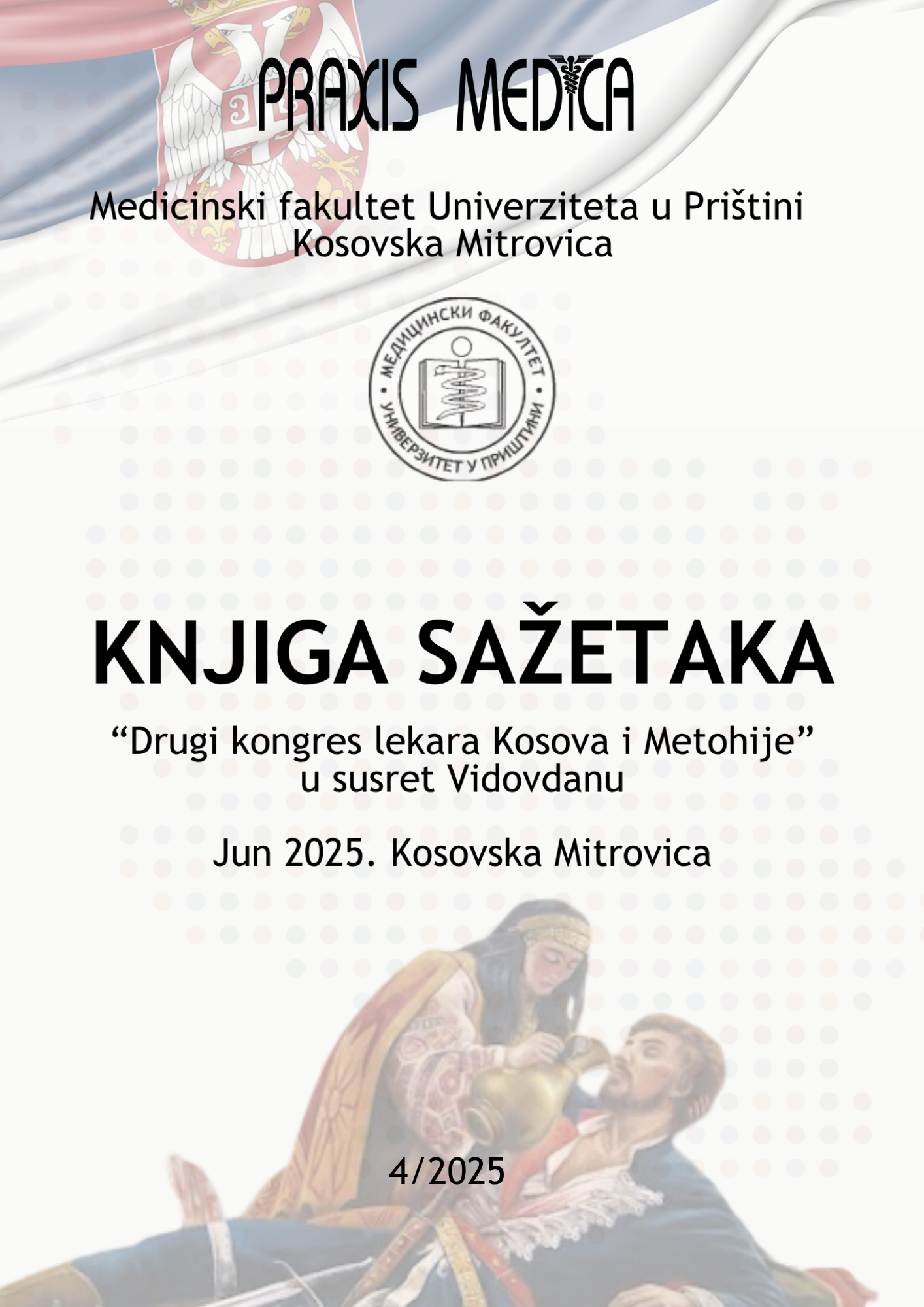Current issue

Volume 53, Issue 4, 2025
Online ISSN: 2560-3310
ISSN: 0350-8773
Volume 53 , Issue 4, (2025)
Published: 30.06.2025.
Open Access
All issues
Contents
01.01.2002.
Professional paper
FROM COGNITIVE TOWARD EMOTIONAL APPROACH TO PSYCHOTHERAPY OF CHEMICAL DEPENDENCE (VICE VERSA IN THE THERAPY OF THE CHEMICAL DEPENDENCE)
Drug (chemical) dependency (the excessive, maladaptive, or addictive use of drugs for no medical purposes
despite social, psychological, and physical problems that may arise from such use) is a widespread phenomenon. He (or she) loses freedom of choice. Because of a deep emotional and physical need of addicts to get a drug, their basic activity is inclined to supply “chosen” substance. Repeating use of substance and its effects, affect their health and interpersonal
relationships. Addict denies that. His (or her) possibility to recognize it is limited or ruined. Incorrect pattern of life persists.
Cognition of real facts about substance evidently does not protect enough from addiction. In this work effectiveness of a
specific, emotional approach in the therapy of addiction has been analyzed. Dependent is faced with another emotion,
supposing competitive to those of consuming “chosen” substance it is. It is expected that strong emotion could activate
available, but unattended cognitive contents. Experimental confirmation of working hypothesis is based on emotional
approach to alcohol-dependents. They have been faced with an emotional (literal and /or painted) message of anonym child in the connection with children's heavy firsthand experiences of alcoholism in the family. Facing consequences, marks and products of dependence (firsthand experienced children's desperation), experiencing strong enough emotional answer, empathy with other child, alcoholic recognizes desperation of his own related. Faced those experiences, he recognizes their own parental role in their family as negative role. Skilled psychiatrist can use that empathy as significant therapeutic factor. This empathy makes dependent able to overcome fear of changes and face the necessity to change their pattern of life. Most of them, without any further explanations have been turned into insight of addiction and oriented toward the therapy and rehabilitation. Results encourage practicing physician to apply this approach, first of all in the initiation of the therapy (realizing contacts, insight into disease) and later in the psychotherapy of any kind of chemical dependence. The key task of the therapist could be to find out specific, strong enough emotion that could be in certain case competitive to those of pleasure connected to the misuse of substance and a strong challenge to initiate cognitive processes and to change executive behaviour.
M. Leštarević





